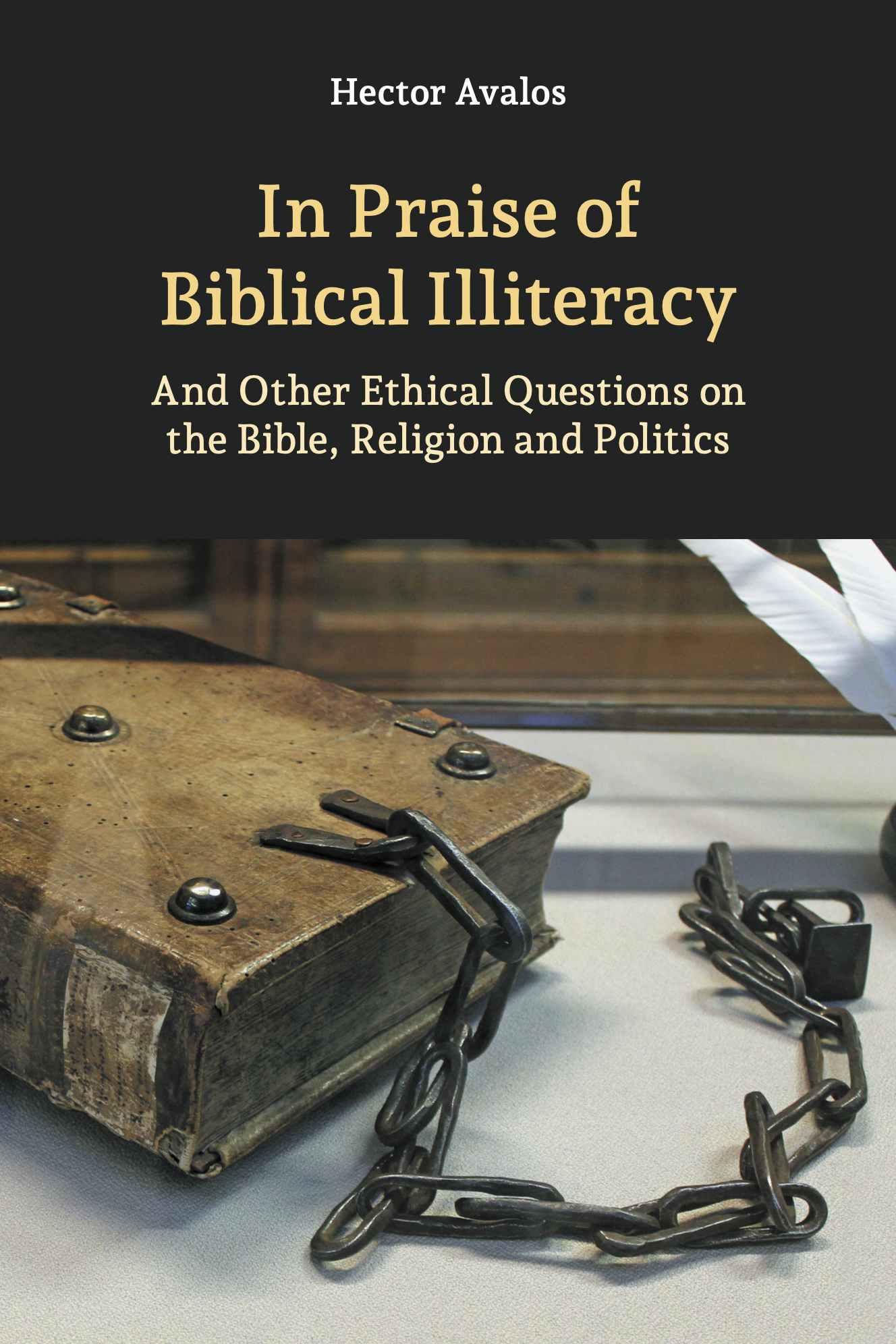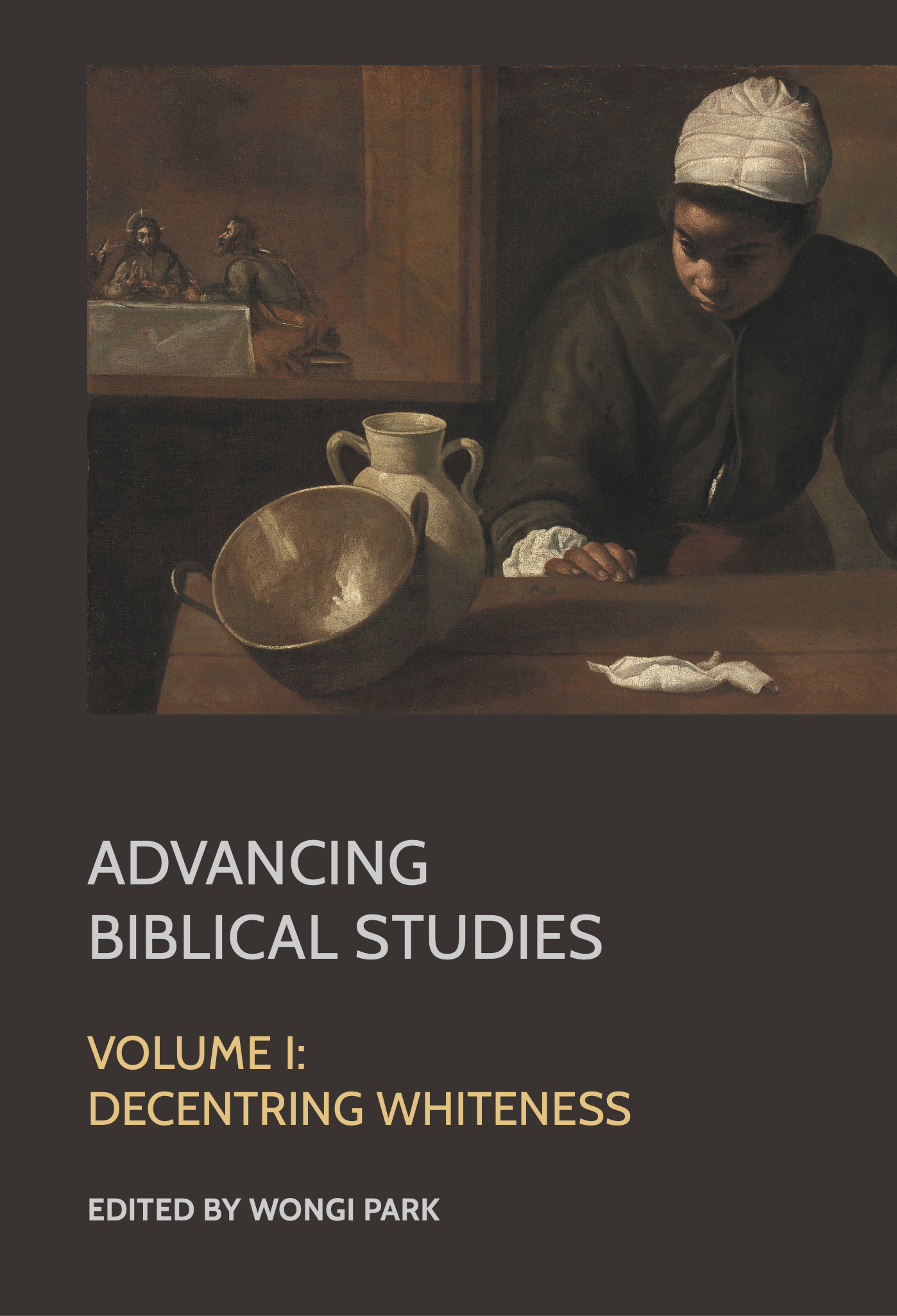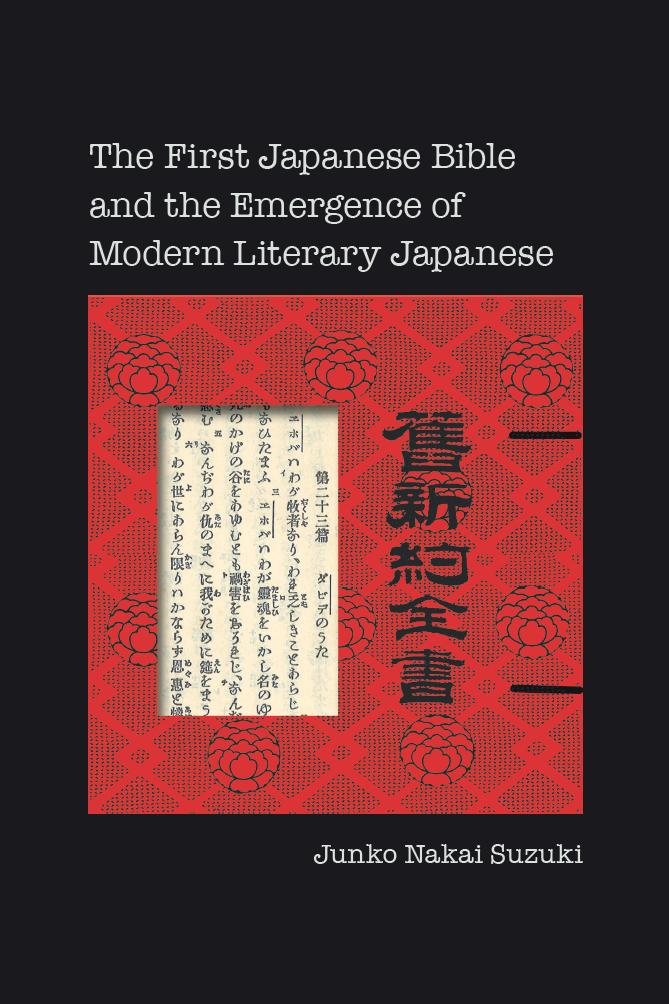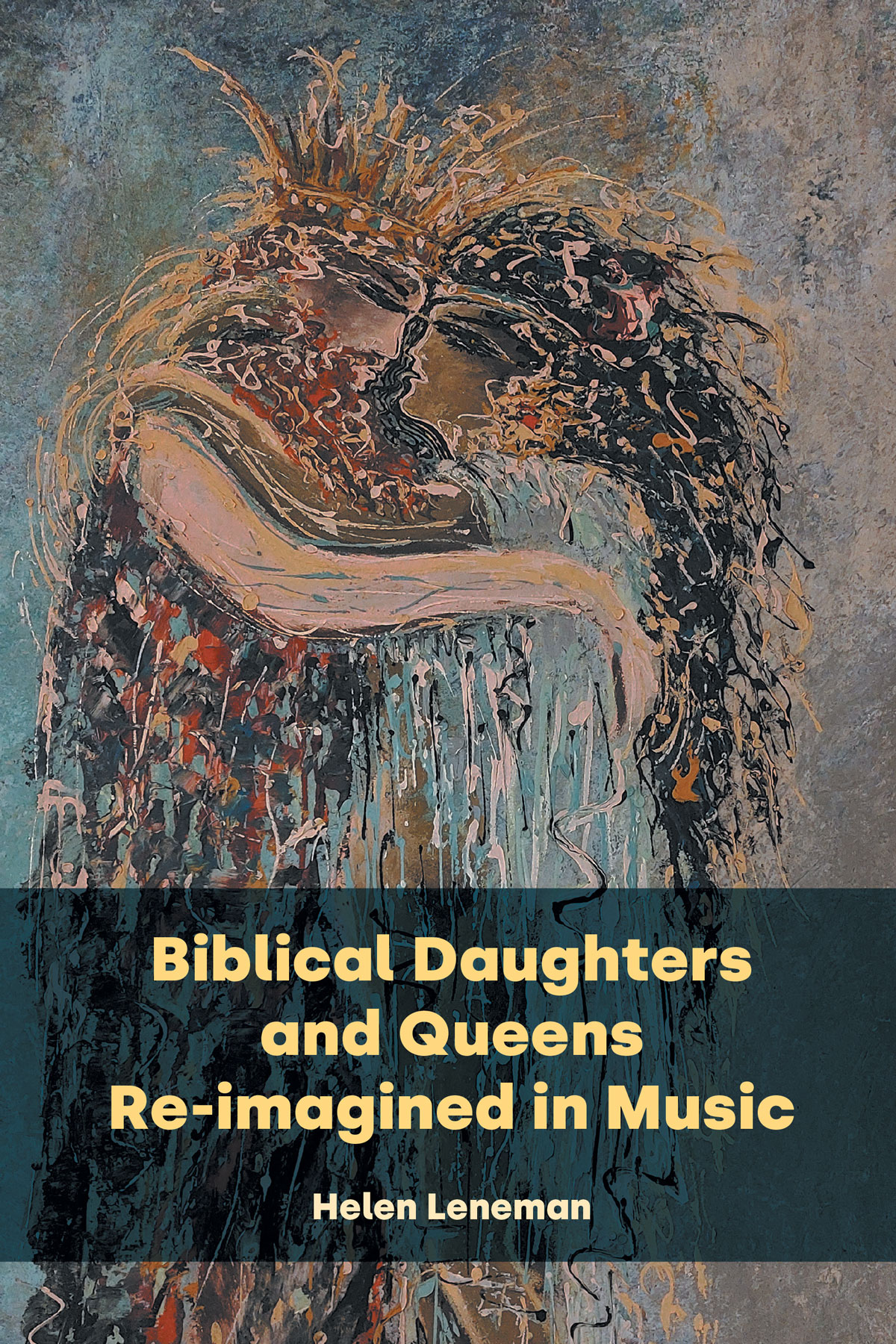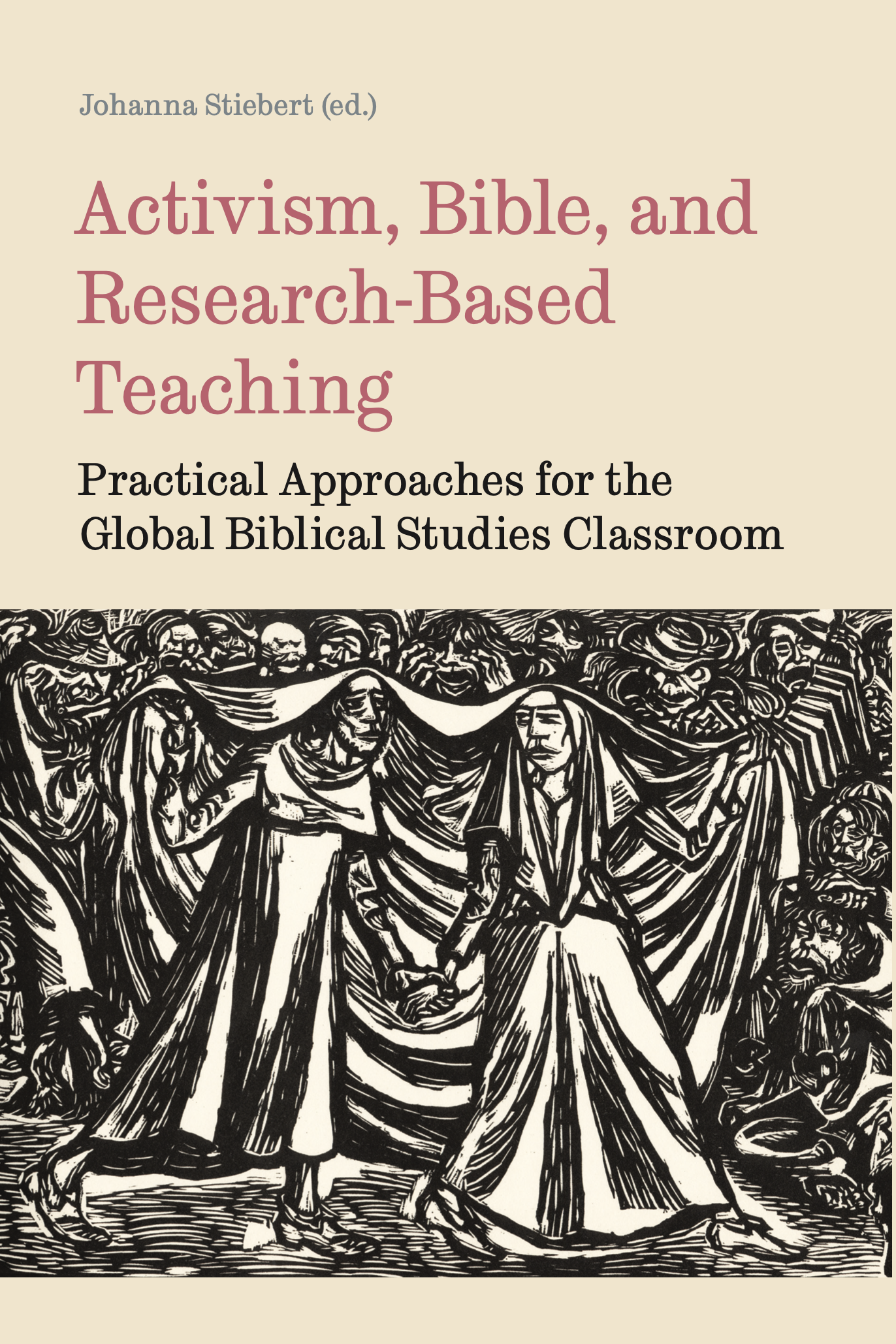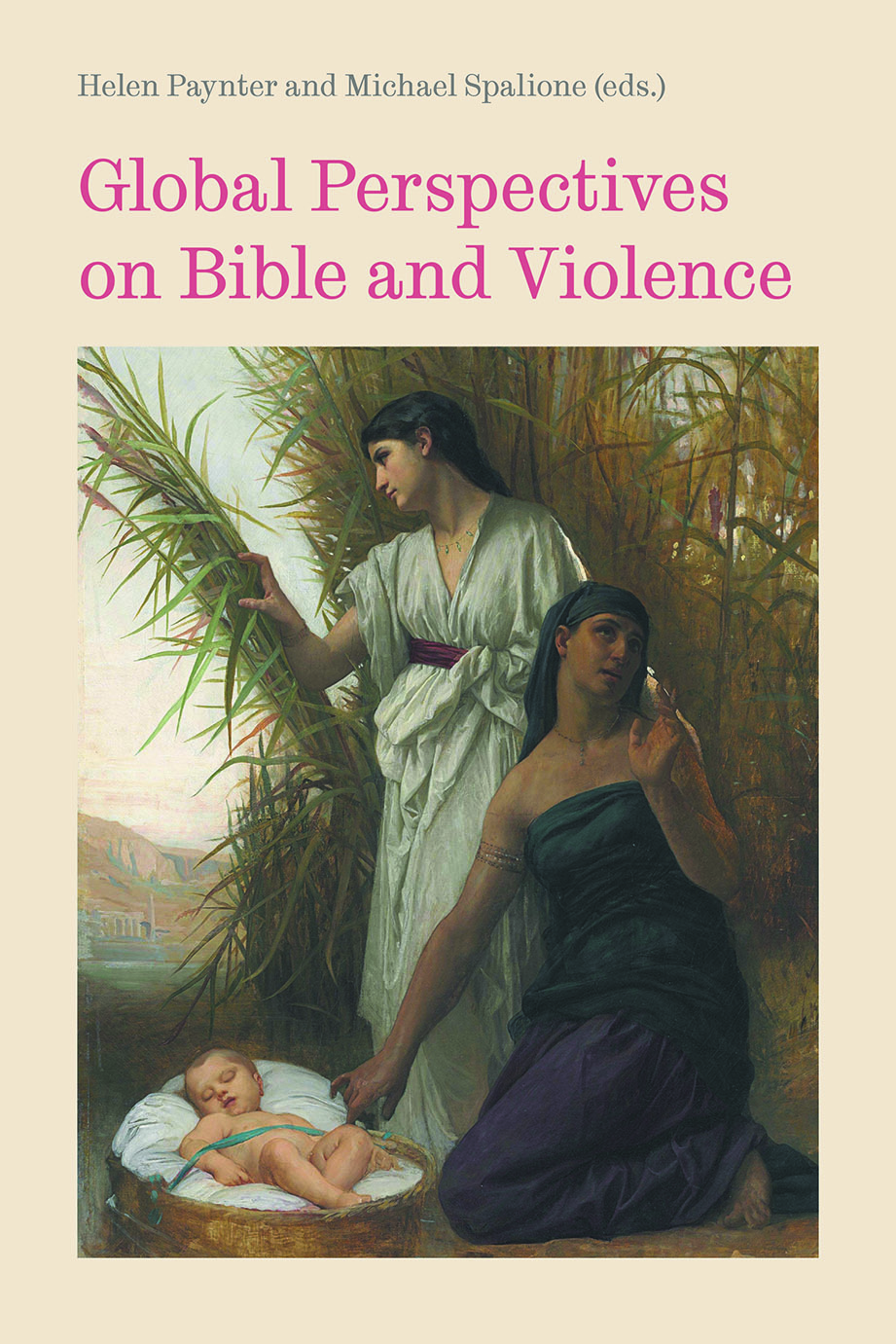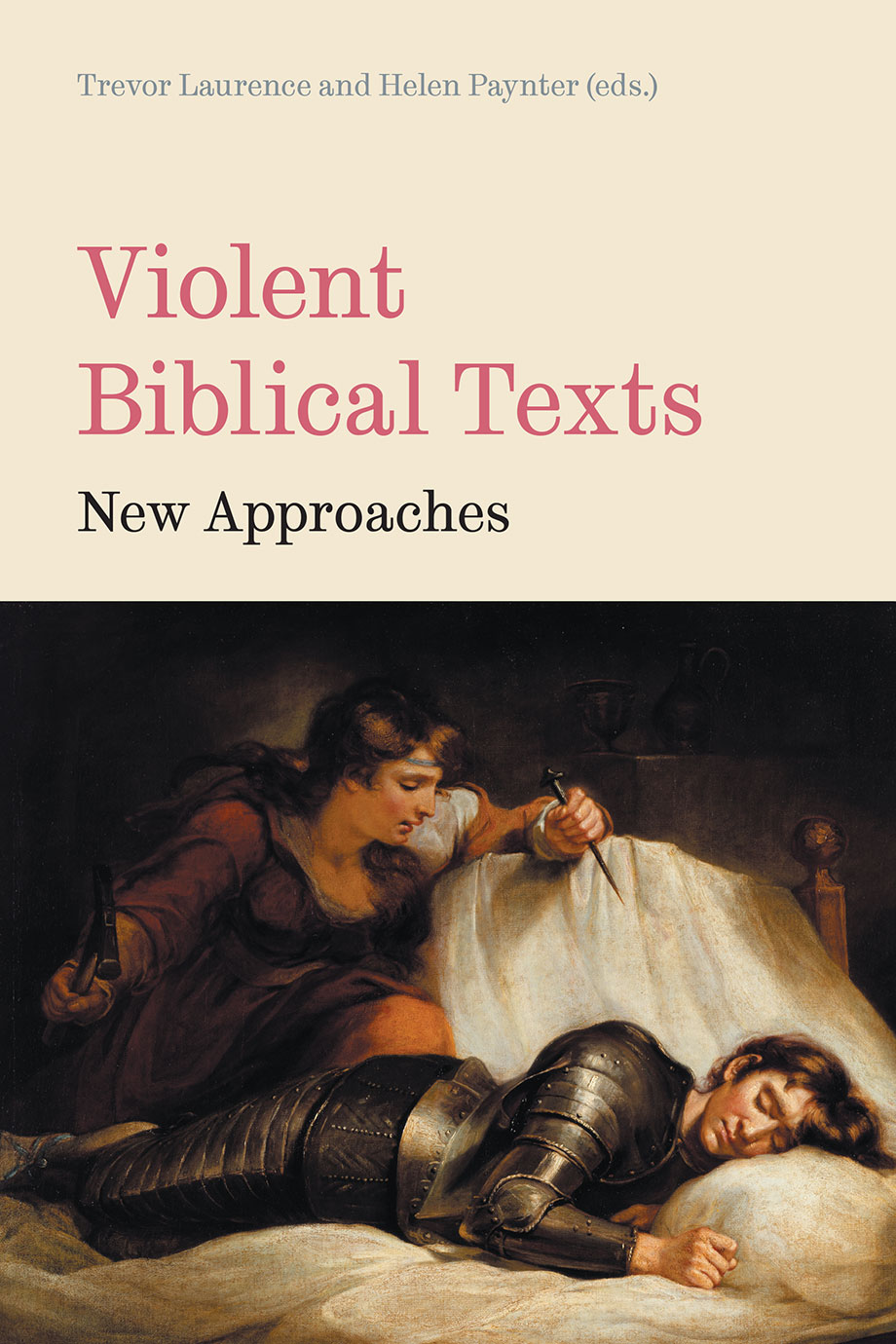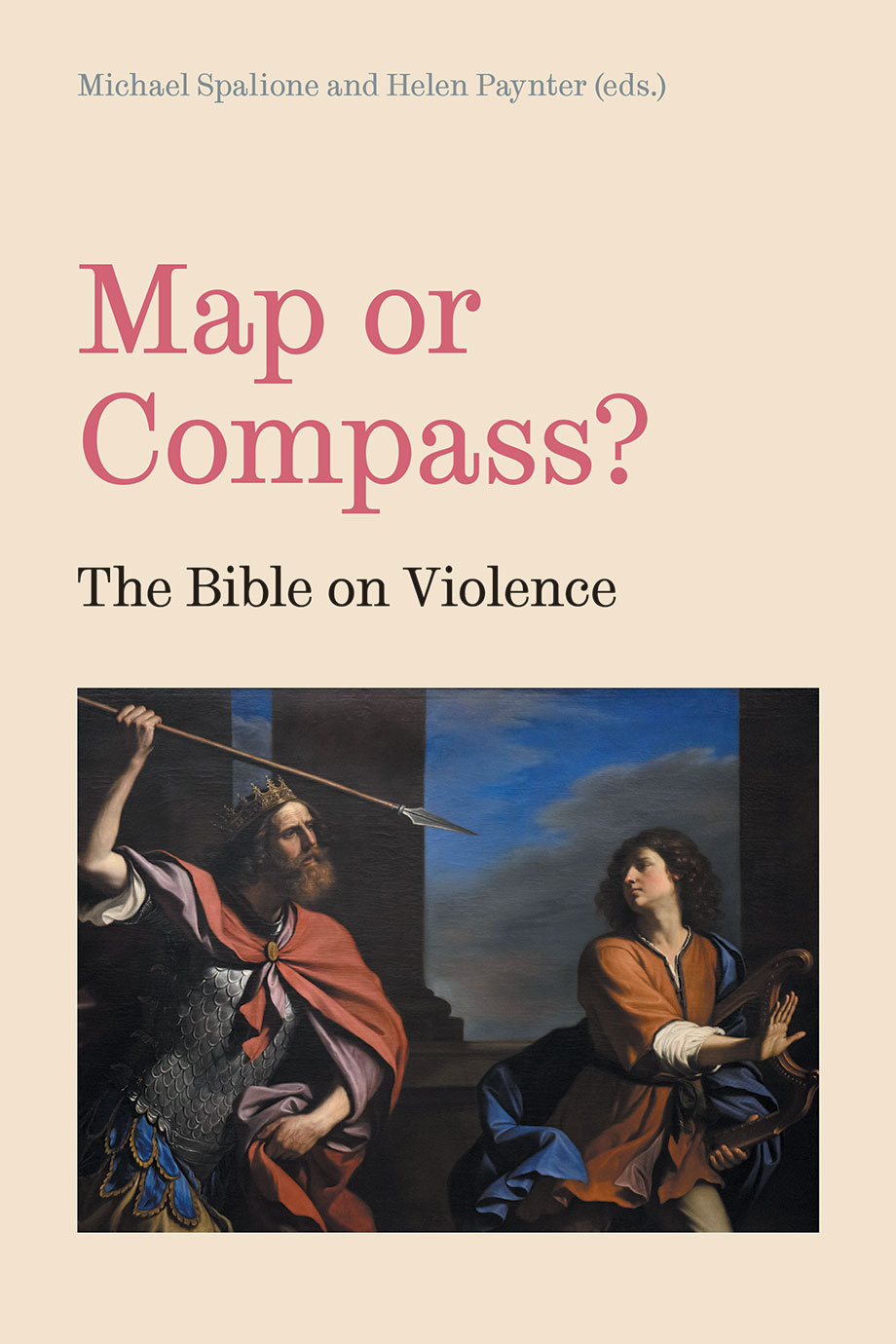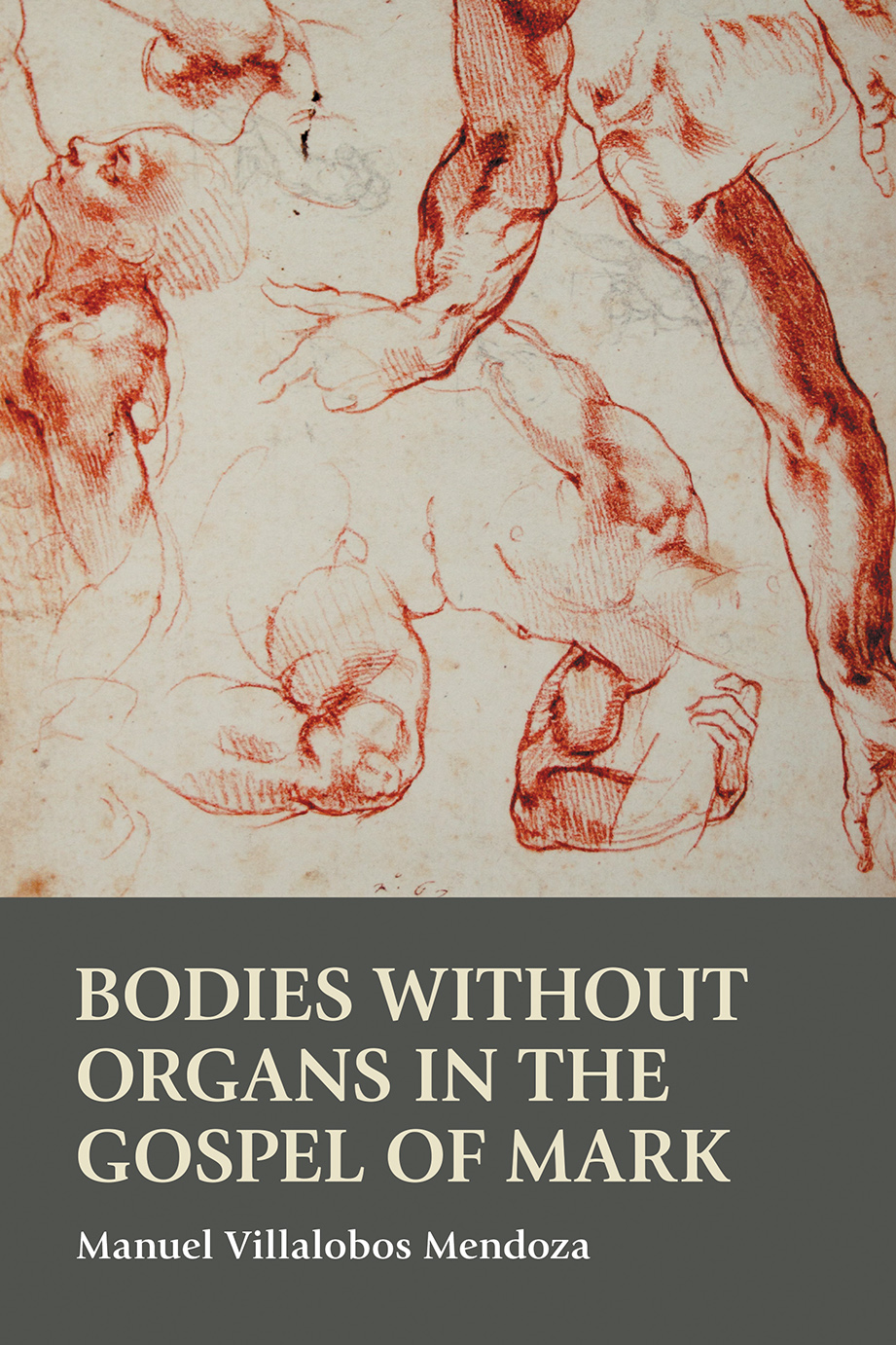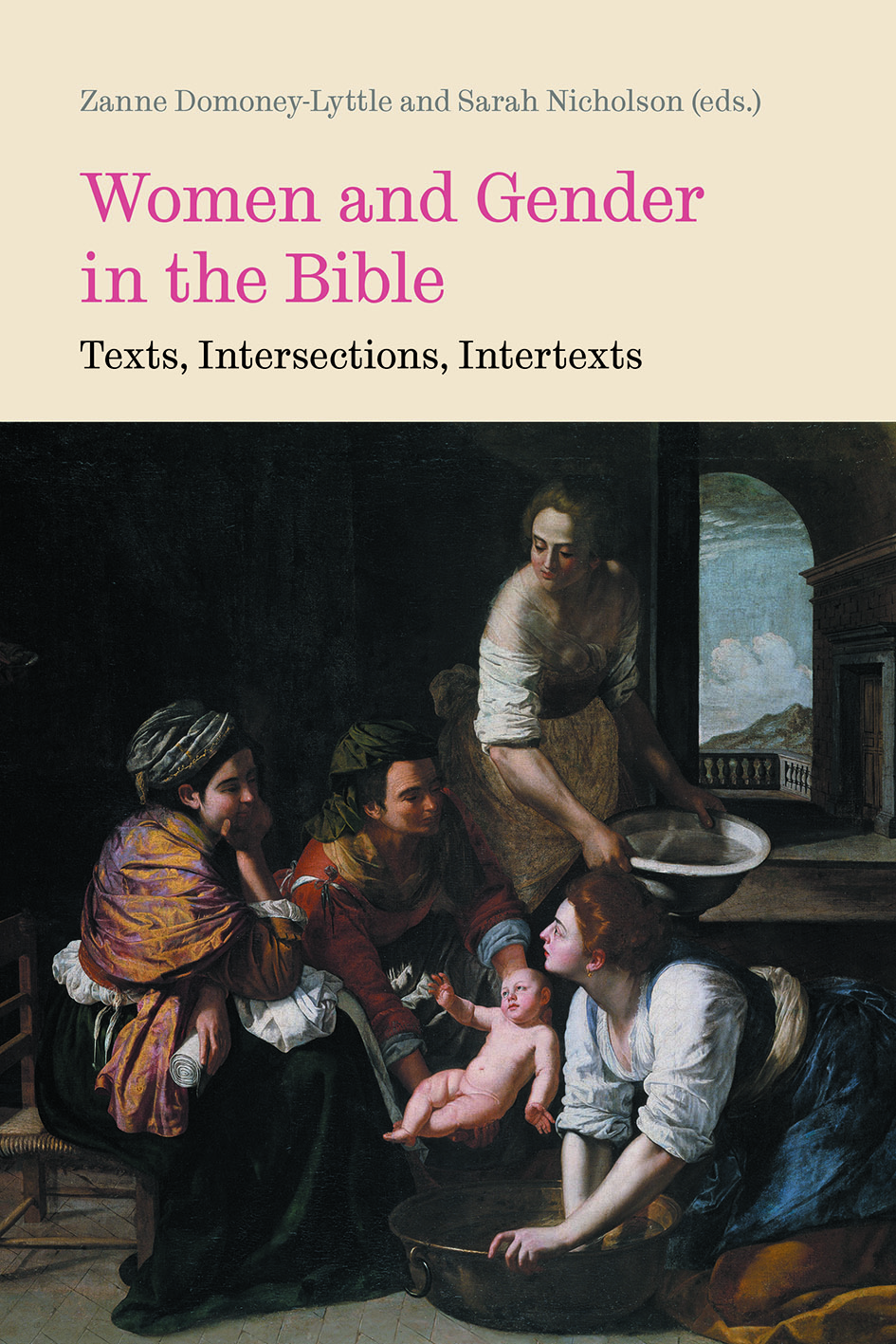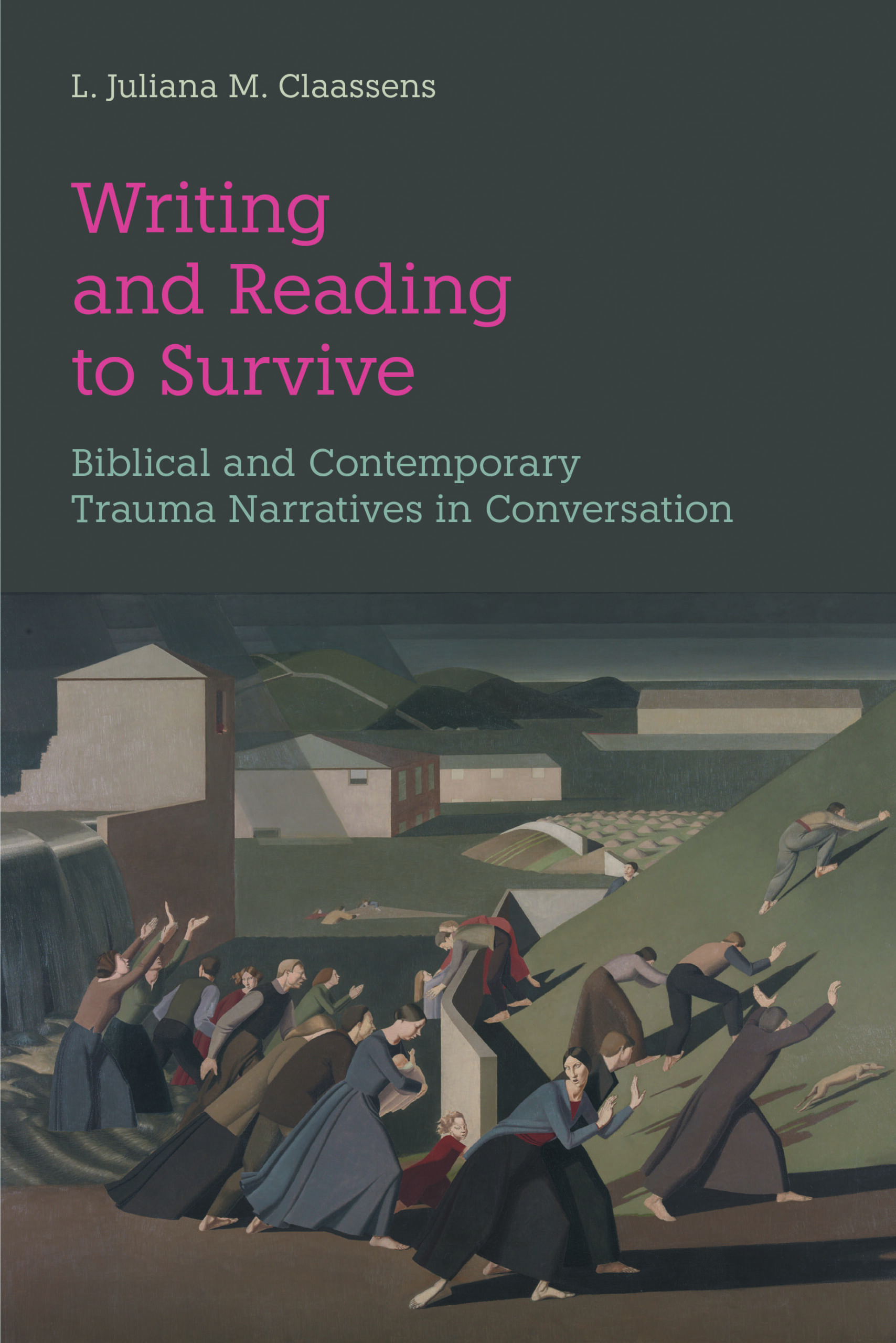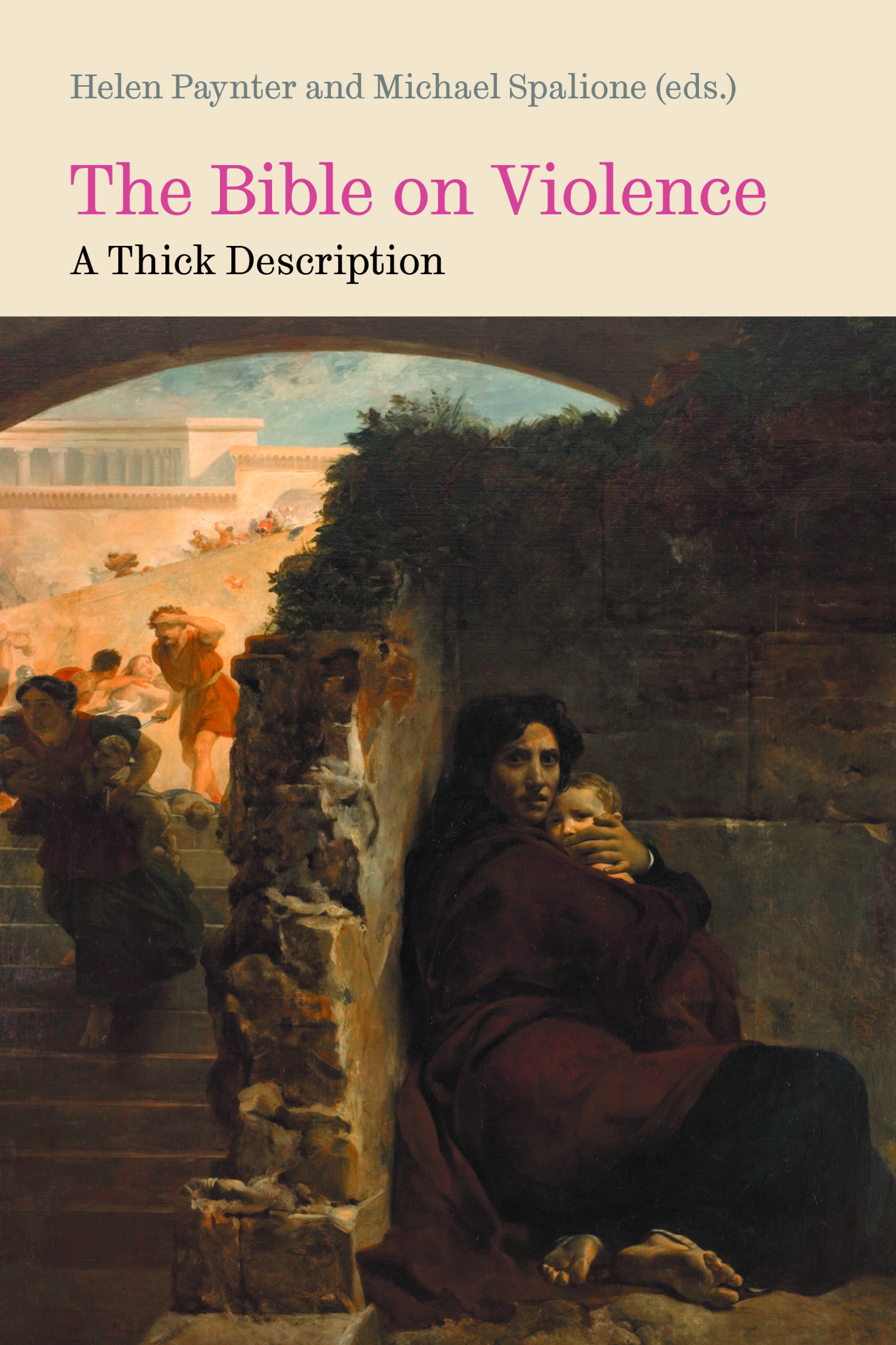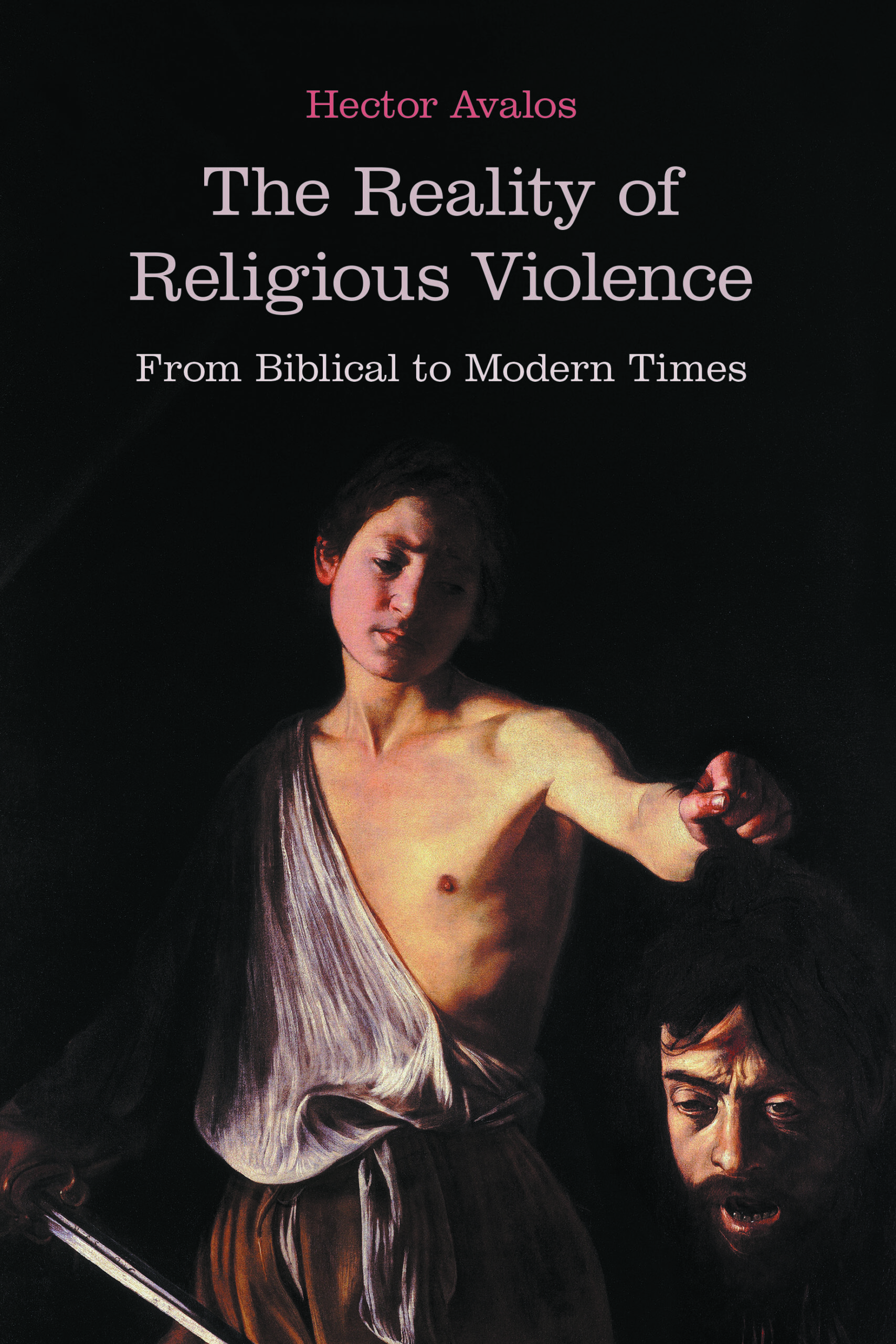In Praise of Biblical Illiteracy and Other Ethical Questions on the Bible, Religion and Politics
Published: Mar 2026
£110.00
In Praise of Biblical Illiteracy brings together the bold, provocative, and deeply reasoned writings of the late Dr. Hector Avalos, longtime professor of Religious Studies at Iowa State University. A biblical scholar, a publicly engaged atheist, and a beloved teacher, Avalos devoted his career to asking questions that others too often avoided—about the authority of the Bible, the uses and misuses of religion in public life, and the ethical costs of unexamined faith.
From the first chapter—which lends its name to this volume—and across decades of essays, articles, and public commentary, Avalos challenges both scholars and lay readers to think critically about the role biblical texts play in shaping culture and politics. With both clarity and wit, he dismantles claims of biblical exceptionalism, exposes the dangers of Christian nationalism, and highlights the ways religion has often worked to marginalize or disenfranchise vulnerable communities.
Yet Avalos’s writing is not merely critical—it is constructive. He insists that honest engagement with the Bible and with religious traditions can create the space to consider more just and humane ways of living together. In his writings, he also offers opportunities to reflect upon a most important question: namely, as to whether ancient texts should guide twenty-first-century ethics and policy in a Constitutional republic.
This collection shows Avalos as a scholar both fearless in his critique and generous in his teaching. It includes articles written for the University of Arizona’s ‘Bible & Interpretation’, as well as op-eds that appeared in The Des Moines Register and The Ames Tribune among others. Whether confronting the political weaponization of scripture, questioning the moral claims of religious institutions, or urging readers to embrace secular humanist values, Avalos’s work remains urgent and illuminating.This volume is a testament to the enduring relevance of Avalos’s thought—and a challenge to all who care about the intersection of faith, reason, and the public good.
The volume was collated and edited by former students Richard McCarty, Adam Meseke and Janine Putnam.
In Praise of Biblical Illiteracy and Other Ethical Questions on the Bible, Religion and Politics
£110.00
In Praise of Biblical Illiteracy brings together the bold, provocative, and deeply reasoned writings of the late Dr. Hector Avalos, longtime professor of Religious Studies at Iowa State University. A biblical scholar, a publicly engaged atheist, and a beloved teacher, Avalos devoted his career to asking questions that others too often avoided—about the authority of the Bible, the uses and misuses of religion in public life, and the ethical costs of unexamined faith.
From the first chapter—which lends its name to this volume—and across decades of essays, articles, and public commentary, Avalos challenges both scholars and lay readers to think critically about the role biblical texts play in shaping culture and politics. With both clarity and wit, he dismantles claims of biblical exceptionalism, exposes the dangers of Christian nationalism, and highlights the ways religion has often worked to marginalize or disenfranchise vulnerable communities.
Yet Avalos’s writing is not merely critical—it is constructive. He insists that honest engagement with the Bible and with religious traditions can create the space to consider more just and humane ways of living together. In his writings, he also offers opportunities to reflect upon a most important question: namely, as to whether ancient texts should guide twenty-first-century ethics and policy in a Constitutional republic.
This collection shows Avalos as a scholar both fearless in his critique and generous in his teaching. It includes articles written for the University of Arizona’s ‘Bible & Interpretation’, as well as op-eds that appeared in The Des Moines Register and The Ames Tribune among others. Whether confronting the political weaponization of scripture, questioning the moral claims of religious institutions, or urging readers to embrace secular humanist values, Avalos’s work remains urgent and illuminating.This volume is a testament to the enduring relevance of Avalos’s thought—and a challenge to all who care about the intersection of faith, reason, and the public good.
The volume was collated and edited by former students Richard McCarty, Adam Meseke and Janine Putnam.
Advancing Biblical Studies: I. Decentring Whiteness
Published: Feb 2026
£90.00
The singular aim of this two-volume series is to advance biblical studies. Both volumes arise from a project initiated by the editor, Wongi Park, who asked invited contributors how to cultivate and sustain mutual dialogue, collaboration, and engagement across racial/ethnic, generational, and geographical boundaries?
The virtual convenings, held during the pandemic emergencies of 2020, led to a public-facing virtual symposium in 2022 where three critical tasks were undertaken:
- Decentre the monoracial history and methods of the field;
- Model a less traditional and hierarchical approach to biblical studies through dialogue and collaboration;
- Foreground a multiplicity of voices, perspectives, and starting points to diversify biblical studies.
Volume 1 pursues these aims of diagnosing the monoracial Eurocentrism of biblical studies by:
- Examining the problem of whiteness in the Eurocentric origins of the field;
- Reframing traditional methods, tools, and institutions of biblical studies;
- Tracing how whiteness is reproduced in texts, representations, and colonial legacies in biblical reception history.
A distinctive feature of this project is the radical act of gathering a multiracial coalition of Africana, Asian, Euro American, European, Indigenous, Islander, and Latinx scholars that models an alternative approach to biblical studies.
Volume 1 includes contributions in the following order: Wongi Park; Shawn Kelley; Susannah Heschel; M. Adrayael Tong; Luis Menéndez-Antuña; Hulisani Ramantswana; Joel Baden; Lisa J. Cleath; Halvor Moxnes; Ekaputra Tupamahu; Gerrie F. Snyman; Ludwig Beethoven J. Noya; Justin Michael Reed; Kenneth Ngwa; Greg Carey; Stephen D. Moore; Amy Lindeman Allen; Hannah M. Strømmen; Francisco Lozada Jr.
Advancing Biblical Studies: I. Decentring Whiteness
£90.00
The singular aim of this two-volume series is to advance biblical studies. Both volumes arise from a project initiated by the editor, Wongi Park, who asked invited contributors how to cultivate and sustain mutual dialogue, collaboration, and engagement across racial/ethnic, generational, and geographical boundaries?
The virtual convenings, held during the pandemic emergencies of 2020, led to a public-facing virtual symposium in 2022 where three critical tasks were undertaken:
- Decentre the monoracial history and methods of the field;
- Model a less traditional and hierarchical approach to biblical studies through dialogue and collaboration;
- Foreground a multiplicity of voices, perspectives, and starting points to diversify biblical studies.
Volume 1 pursues these aims of diagnosing the monoracial Eurocentrism of biblical studies by:
- Examining the problem of whiteness in the Eurocentric origins of the field;
- Reframing traditional methods, tools, and institutions of biblical studies;
- Tracing how whiteness is reproduced in texts, representations, and colonial legacies in biblical reception history.
A distinctive feature of this project is the radical act of gathering a multiracial coalition of Africana, Asian, Euro American, European, Indigenous, Islander, and Latinx scholars that models an alternative approach to biblical studies.
Volume 1 includes contributions in the following order: Wongi Park; Shawn Kelley; Susannah Heschel; M. Adrayael Tong; Luis Menéndez-Antuña; Hulisani Ramantswana; Joel Baden; Lisa J. Cleath; Halvor Moxnes; Ekaputra Tupamahu; Gerrie F. Snyman; Ludwig Beethoven J. Noya; Justin Michael Reed; Kenneth Ngwa; Greg Carey; Stephen D. Moore; Amy Lindeman Allen; Hannah M. Strømmen; Francisco Lozada Jr.
The First Japanese Bible, and its Role in the Emergence of Modern Literary Japanese
Published: Sep 2025
£85.00
This ground-breaking book depicts the life, times and works of the Bible translators of nineteenth-century Japan and the prominent role they played in helping to shape modern Japan.
The translation of the Bible into Japanese occurred at a time of great cultural turmoil, when Japan was grappling with industrial and technological modernization in the shift from a feudal agrarian society after 260 years of isolation. In this turmoil, the cultural question of literary style was deemed of great importance. Because of the dichotomy between those who read Chinese (in a Japanese way) and those who did not, the need for reform and simplification was considered an essential aspect of the modernization of Japanese society. The Japanese Bible emerged as a prime example of such a style.
Suzuki’s study traces the development of the primary versions that culminated in the production of the first complete Japanese Bible, the Meiji Version of 1887. The translation of the Psalms, in particular, gained wide acclaim, even being said to be as incomparable as Mt Fuji. The literary quality of the Hebrew Bible was conveyed by the integration of a pure Japanese elegance, Chinese gravitas and freshness of Western and even some Hebrew elements of style.
For the first time, this volume gives due weight to three factors: appreciation of the Chinese Bible by the Japanese Bible translation, its fidelity to the primary Hebrew and Greek source texts, and its adoption of a pure Japanese style as the foundation.
The First Japanese Bible, and its Role in the Emergence of Modern Literary Japanese
£85.00
This ground-breaking book depicts the life, times and works of the Bible translators of nineteenth-century Japan and the prominent role they played in helping to shape modern Japan.
The translation of the Bible into Japanese occurred at a time of great cultural turmoil, when Japan was grappling with industrial and technological modernization in the shift from a feudal agrarian society after 260 years of isolation. In this turmoil, the cultural question of literary style was deemed of great importance. Because of the dichotomy between those who read Chinese (in a Japanese way) and those who did not, the need for reform and simplification was considered an essential aspect of the modernization of Japanese society. The Japanese Bible emerged as a prime example of such a style.
Suzuki’s study traces the development of the primary versions that culminated in the production of the first complete Japanese Bible, the Meiji Version of 1887. The translation of the Psalms, in particular, gained wide acclaim, even being said to be as incomparable as Mt Fuji. The literary quality of the Hebrew Bible was conveyed by the integration of a pure Japanese elegance, Chinese gravitas and freshness of Western and even some Hebrew elements of style.
For the first time, this volume gives due weight to three factors: appreciation of the Chinese Bible by the Japanese Bible translation, its fidelity to the primary Hebrew and Greek source texts, and its adoption of a pure Japanese style as the foundation.
‘Good Omens’ and the Bible
Published: Jun 2024
£50.00
Good Omens and the Bible provides a diversely rich collection of considerations of apocalypse and apocalypticism, via responses to the reception of the Bible in the landmark cultural icon that is Neil Gaiman and Terry Pratchett’s Good Omens: The Nice and Accurate Prophecies of Agnes Nutter, Witch (1990). These essays explore the perplexing, captivating, and curious interactions between Good Omens and biblical literature.
Interdisciplinary explorations reveal how both the novel and TV series reflects and explodes contemporary ideas about the end times. Filtering references to biblical apocalypses through the lens of popular culture, Good Omens shines a light on the received interpretations of apocalyptic thinking that resonate in the present, revealing in turn something about ourselves.
Together, these essays open up conversations about how Good Omens makes use of religious ideas about textuality, performance, theodicy, and the role of popular culture in the proliferation of those conversations. This book illustrates the ways in which the novel and series are agents in the continuation of cultural debates about important, wide-ranging theological and biblical issues.
‘Good Omens’ and the Bible
£50.00
Good Omens and the Bible provides a diversely rich collection of considerations of apocalypse and apocalypticism, via responses to the reception of the Bible in the landmark cultural icon that is Neil Gaiman and Terry Pratchett’s Good Omens: The Nice and Accurate Prophecies of Agnes Nutter, Witch (1990). These essays explore the perplexing, captivating, and curious interactions between Good Omens and biblical literature.
Interdisciplinary explorations reveal how both the novel and TV series reflects and explodes contemporary ideas about the end times. Filtering references to biblical apocalypses through the lens of popular culture, Good Omens shines a light on the received interpretations of apocalyptic thinking that resonate in the present, revealing in turn something about ourselves.
Together, these essays open up conversations about how Good Omens makes use of religious ideas about textuality, performance, theodicy, and the role of popular culture in the proliferation of those conversations. This book illustrates the ways in which the novel and series are agents in the continuation of cultural debates about important, wide-ranging theological and biblical issues.
Biblical Daughters and Queens Re-imagined in Music
Published: Jun 2024
£74.00
In Biblical Daughters and Queens, Helen Leneman continues her sustained approach to biblical reception in music traversing several centuries. She offers a immersive reading of two types of biblical women—daughters and queens—in a wide range of musical representations spanning over 300 years (1648-1993). Music, as Leneman highlights, goes beyond words: music expresses how feelings sound. Leneman’s unique analysis shares the ways in which these women’s stories have been altered, their emotions imagined and amplified.
The stories of two daughters are explored: the tragedy of Jephthah’s daughter (Judges 11); and the Apocryphal story of Susannah. The tragedy of Jephthah’s daughter seems to have been of greater interest to early composers, with most works, whether oratorios or operas, dating to pre-20th century. Susanna was a lesser-known story yet was treated both in two early oratorios and, unusually, in an operatic retelling of the story from the mid-20th century.
Queens included are Sheba (1 Kings), Athalia (2 Kings), and Esther (Book of Esther). In general, the Queen of Sheba has not been re-imagined with much nuance in musical works, mostly depicted as a sexy siren (though not always). Esther is the most popular queen for musical retellings, featured in no fewer than nine works in this volume. An interesting discovery was an eighteenth-century oratorio with a Hebrew libretto. Athalia is the least known of the three but Handel thought she was worth an oratorio (he is well represented throughout the book).
In previous volumes Leneman has considered the biblical reception in music of Moses and Miriam in Exodus; David, Saul and Bathsheba in the Book of Kings; Ruth and Naomi in the Book of Ruth; and Judith in the Book of Judith. Leneman also discussed the varied biblical characters in the Book of Genesis.
This volume encourages an experiential approach, to enable the reader, and listener to hear and feel these women’s stories as never before. Links to the musical works are provided throughout. Each setting is filled with both text and music that will inspire the listener to return to the original story with a new and different understanding.
Biblical Daughters and Queens Re-imagined in Music
£74.00
In Biblical Daughters and Queens, Helen Leneman continues her sustained approach to biblical reception in music traversing several centuries. She offers a immersive reading of two types of biblical women—daughters and queens—in a wide range of musical representations spanning over 300 years (1648-1993). Music, as Leneman highlights, goes beyond words: music expresses how feelings sound. Leneman’s unique analysis shares the ways in which these women’s stories have been altered, their emotions imagined and amplified.
The stories of two daughters are explored: the tragedy of Jephthah’s daughter (Judges 11); and the Apocryphal story of Susannah. The tragedy of Jephthah’s daughter seems to have been of greater interest to early composers, with most works, whether oratorios or operas, dating to pre-20th century. Susanna was a lesser-known story yet was treated both in two early oratorios and, unusually, in an operatic retelling of the story from the mid-20th century.
Queens included are Sheba (1 Kings), Athalia (2 Kings), and Esther (Book of Esther). In general, the Queen of Sheba has not been re-imagined with much nuance in musical works, mostly depicted as a sexy siren (though not always). Esther is the most popular queen for musical retellings, featured in no fewer than nine works in this volume. An interesting discovery was an eighteenth-century oratorio with a Hebrew libretto. Athalia is the least known of the three but Handel thought she was worth an oratorio (he is well represented throughout the book).
In previous volumes Leneman has considered the biblical reception in music of Moses and Miriam in Exodus; David, Saul and Bathsheba in the Book of Kings; Ruth and Naomi in the Book of Ruth; and Judith in the Book of Judith. Leneman also discussed the varied biblical characters in the Book of Genesis.
This volume encourages an experiential approach, to enable the reader, and listener to hear and feel these women’s stories as never before. Links to the musical works are provided throughout. Each setting is filled with both text and music that will inspire the listener to return to the original story with a new and different understanding.
The Spirit of Prophecy and Reconciliation. A Festschrift for Rickie Moore.
Published: Nov 2023
£65.00
This volume focuses on the relationship of prophecy and reconciliation, within the frame of Pentecostal hermeneutics. These themes have been prominent throughout Rickie D. Moore’s work and this collection celebrates his life and academic career—as a professor of Old Testament, a specialist in the prophetic literature, a leading voice in the development of Pentecostal hermeneutics, and an influential figure of the Cleveland School of Pentecostal theology.
The editors and contributors of this volume represent a small selection of Moore’s mentors (Walter Brueggemann and James Crenshaw), his colleagues (Lee Roy Martin, John Christopher Thomas, Blaine Charette, Amos Yong, Kimberly Alexander, and Chris Green), and former students (Caroline Reddick, Robby Waddell, Jesse Stone, David Johnson, Daniela Augustine, and Casey Cole). Their words testify to the deep, far-reaching effects of his teaching and his presence.
The essays are gathered into three main sections: the first two deal explicitly with a close reading of biblical texts from the Hebrew Bible and the New Testament, and the last deals with the theological issues that emerge in consideration of prophetic awareness and action and the hope of intergenerational reconciliation. Moore pioneered an integrative approach to reading and teaching the Scriptures, keenly aware of his own theological and spiritual inheritance as a Pentecostal and deeply committed to the life-altering power of sacred study, skillfully blending critical self-reflection and testimony with rigorous scholarship.
The Spirit of Prophecy and Reconciliation. A Festschrift for Rickie Moore.
£65.00
This volume focuses on the relationship of prophecy and reconciliation, within the frame of Pentecostal hermeneutics. These themes have been prominent throughout Rickie D. Moore’s work and this collection celebrates his life and academic career—as a professor of Old Testament, a specialist in the prophetic literature, a leading voice in the development of Pentecostal hermeneutics, and an influential figure of the Cleveland School of Pentecostal theology.
The editors and contributors of this volume represent a small selection of Moore’s mentors (Walter Brueggemann and James Crenshaw), his colleagues (Lee Roy Martin, John Christopher Thomas, Blaine Charette, Amos Yong, Kimberly Alexander, and Chris Green), and former students (Caroline Reddick, Robby Waddell, Jesse Stone, David Johnson, Daniela Augustine, and Casey Cole). Their words testify to the deep, far-reaching effects of his teaching and his presence.
The essays are gathered into three main sections: the first two deal explicitly with a close reading of biblical texts from the Hebrew Bible and the New Testament, and the last deals with the theological issues that emerge in consideration of prophetic awareness and action and the hope of intergenerational reconciliation. Moore pioneered an integrative approach to reading and teaching the Scriptures, keenly aware of his own theological and spiritual inheritance as a Pentecostal and deeply committed to the life-altering power of sacred study, skillfully blending critical self-reflection and testimony with rigorous scholarship.
When Psychology Meets the Bible
Published: Jun 2023
£85.00
This much-needed biblical studies encounter with the physiological and social sciences demonstrates ways these disciplines relate closely. A group of 17 scholars from across the world and from various psychological persuasions have considered texts—from many parts of the Hebrew Bible and New Testament. The essays recognise the human emotional need of the embodied mind in both literary characters and readers, and respond to it with empathic understanding.
The newness of interpretative approach in this collection anchors its understanding of the texts within recognised, scientific, psychological theories. Refreshing, even exciting, readings are discerned by focusing understanding of the human mind on those writing, and existing in, the biblical texts. This initiative is in significant contrast to a long history of implied psychological exegesis.
Where else, but in the Bible, can such a wide range of human actions, interactions, motivations and tragedies be studied in a variety of social situations? Showcasing the psychological implications of these texts serves as an invitation to continue this new momentum in research. At the same time, the freedom to explore the Bible psychologically has brought the most urgent and pressing psychological struggles to the surface, proving the relevance of all these biblical texts in our present world.
When Psychology Meets the Bible
£85.00
This much-needed biblical studies encounter with the physiological and social sciences demonstrates ways these disciplines relate closely. A group of 17 scholars from across the world and from various psychological persuasions have considered texts—from many parts of the Hebrew Bible and New Testament. The essays recognise the human emotional need of the embodied mind in both literary characters and readers, and respond to it with empathic understanding.
The newness of interpretative approach in this collection anchors its understanding of the texts within recognised, scientific, psychological theories. Refreshing, even exciting, readings are discerned by focusing understanding of the human mind on those writing, and existing in, the biblical texts. This initiative is in significant contrast to a long history of implied psychological exegesis.
Where else, but in the Bible, can such a wide range of human actions, interactions, motivations and tragedies be studied in a variety of social situations? Showcasing the psychological implications of these texts serves as an invitation to continue this new momentum in research. At the same time, the freedom to explore the Bible psychologically has brought the most urgent and pressing psychological struggles to the surface, proving the relevance of all these biblical texts in our present world.
Global Perspectives on Bible and Violence
Published: May 2023
£70.00
This volume brings global perspectives to the fore, in what is the fourth of, at least, five volumes providing resources for researchers and in the classroom exploring the intersection between violence and biblical texts. It is the outcome of proceedings from a 2021 Centre for the Study of Bible and Violence (CSBV) conference, with contributors and participants from sixteen nations.
In addition to the geographical variety of contributions, the fifteen papers in this volume also reflect a group of scholars diverse in their discipline and field of interest. Some papers involve close textual study (such as Richard Middleton’s discussion of the Akedah) while others consider thematic subjects such as the contemporary problem of “Christianism” (Matthew Feldman) or the Bible’s entailment in the fetishization of virginity (Johanna Stiebert). Of particular note are three contributions from African scholars. Louis Ndekha brings the Malawian practice of Mob Justice into dialogue with Luke 6:27-29. Paul Chimhungwe writes on the problematic hermeneutical approaches which have informed the Apostles of Johanne Marange of Zimbabwe, which denies Western medicine to its followers. Lodewyk Sutton studies Psalm 58 to consider whether the imprecatory language used therein might constitute part of a ritual used to overcome trauma.
The CSBV is a postgraduate research and study centre dedicated to working in the twin areas of the interpretation of biblical violence and the weaponization of the Bible.
Global Perspectives on Bible and Violence
£70.00
This volume brings global perspectives to the fore, in what is the fourth of, at least, five volumes providing resources for researchers and in the classroom exploring the intersection between violence and biblical texts. It is the outcome of proceedings from a 2021 Centre for the Study of Bible and Violence (CSBV) conference, with contributors and participants from sixteen nations.
In addition to the geographical variety of contributions, the fifteen papers in this volume also reflect a group of scholars diverse in their discipline and field of interest. Some papers involve close textual study (such as Richard Middleton’s discussion of the Akedah) while others consider thematic subjects such as the contemporary problem of “Christianism” (Matthew Feldman) or the Bible’s entailment in the fetishization of virginity (Johanna Stiebert). Of particular note are three contributions from African scholars. Louis Ndekha brings the Malawian practice of Mob Justice into dialogue with Luke 6:27-29. Paul Chimhungwe writes on the problematic hermeneutical approaches which have informed the Apostles of Johanne Marange of Zimbabwe, which denies Western medicine to its followers. Lodewyk Sutton studies Psalm 58 to consider whether the imprecatory language used therein might constitute part of a ritual used to overcome trauma.
The CSBV is a postgraduate research and study centre dedicated to working in the twin areas of the interpretation of biblical violence and the weaponization of the Bible.
Violent Biblical Texts: New Approaches
Published: Oct 2022
£70.00
This volume is one of the fruits of a series of international conferences held at the Centre for the Study of Bible and Violence, Bristol. The thirteen articles included here have been assembled for the specific purpose of offering explicitly religious perspectives on biblical violence from a globally diverse group of Christian scholars.
Each author faces the challenge of how to interpret violent biblical texts in ways that remain situated within a Christian construct of the Bible. These raise major challenges—via ethically confounding texts—to providing a theologically coherent interpretation of biblical violence. Each writer, in turn, offers creative and constructive ways forward in dealing with the most problematic biblical material, based on two criteria:
• addressing a particular text or hermeneutical issue in view;
• advancing an approach that is applicable to other biblical texts.
The hermeneutical approaches are neither naïve nor sceptical but rather seek to off er innovative and fruitful avenues for interpreting the text from within the Christian religion.
This book offers a variety of resources to aid the interpretation from within a specifically Christian frame of reference. Of particular note is the round-table discussion, where three leading scholars in the study of the Canaanite conquest (Paul Copan, David Firth and William Ford) dialogue with one another on the subject, in a conversation moderated by Helen Paynter.
Violent Biblical Texts: New Approaches
£70.00
This volume is one of the fruits of a series of international conferences held at the Centre for the Study of Bible and Violence, Bristol. The thirteen articles included here have been assembled for the specific purpose of offering explicitly religious perspectives on biblical violence from a globally diverse group of Christian scholars.
Each author faces the challenge of how to interpret violent biblical texts in ways that remain situated within a Christian construct of the Bible. These raise major challenges—via ethically confounding texts—to providing a theologically coherent interpretation of biblical violence. Each writer, in turn, offers creative and constructive ways forward in dealing with the most problematic biblical material, based on two criteria:
• addressing a particular text or hermeneutical issue in view;
• advancing an approach that is applicable to other biblical texts.
The hermeneutical approaches are neither naïve nor sceptical but rather seek to off er innovative and fruitful avenues for interpreting the text from within the Christian religion.
This book offers a variety of resources to aid the interpretation from within a specifically Christian frame of reference. Of particular note is the round-table discussion, where three leading scholars in the study of the Canaanite conquest (Paul Copan, David Firth and William Ford) dialogue with one another on the subject, in a conversation moderated by Helen Paynter.
Map or Compass? The Bible on Violence
Published: Oct 2022
£70.00
The interpretation of biblical violence continues to present a complex challenge to interpreters, including those from belief, no belief and religious perspectives. Placing this interpretative task within the frame of generous collaboration, irenic listening, and multidisciplinary scholarship allows new perspectives to surface.
These principles were key to the range of papers given at the second annual conference in 2020 of the Bristol Centre for the Study of Bible and Violence in 2020—a postgraduate research and study centre dedicated to the interpretation of biblical texts of violence.
This edited book includes:
• three chapters which grapple with the violence of the conquest of Canaan —from Paul Copan, William Ford, and Helen Paynter;
• further explorations of violence in Deuteronomy, Judges, Ezekiel and Revelation;
• Mary Magdalene and modern sexual violence;
• Esther and Quentin Tarantino;
• contemporary representations of the crucifixion, forced marriage in Christian pedagogic materials, and a cross-reading of abattoirs
and the crucifixion.
This is the second of, at least, four volumes providing resources for researchers and in the classroom exploring the intersection between violence and biblical texts.
Map or Compass? The Bible on Violence
£70.00
The interpretation of biblical violence continues to present a complex challenge to interpreters, including those from belief, no belief and religious perspectives. Placing this interpretative task within the frame of generous collaboration, irenic listening, and multidisciplinary scholarship allows new perspectives to surface.
These principles were key to the range of papers given at the second annual conference in 2020 of the Bristol Centre for the Study of Bible and Violence in 2020—a postgraduate research and study centre dedicated to the interpretation of biblical texts of violence.
This edited book includes:
• three chapters which grapple with the violence of the conquest of Canaan —from Paul Copan, William Ford, and Helen Paynter;
• further explorations of violence in Deuteronomy, Judges, Ezekiel and Revelation;
• Mary Magdalene and modern sexual violence;
• Esther and Quentin Tarantino;
• contemporary representations of the crucifixion, forced marriage in Christian pedagogic materials, and a cross-reading of abattoirs
and the crucifixion.
This is the second of, at least, four volumes providing resources for researchers and in the classroom exploring the intersection between violence and biblical texts.
When Seeing is Reading: Visualizing the Reception of Biblical and Other Texts
Published: Oct 2022
£75.00
- How do Christian and Jewish exegeses, opinions and polemics of all ages interact in producing the visual art interpretations in any work, age, place, circumstance?
- From the artist’s side, what factors – of time, place, religion, reception, theology etc. – influence the interpretation that become a fixed image?
- And from the audience’s side – how, why, when are these art images received as authoritative and “true”, even more so than an actual Bible text?
- What are the cultural needs such works fulfil, or create?
When Seeing is Reading: Visualizing the Reception of Biblical and Other Texts
£75.00
- How do Christian and Jewish exegeses, opinions and polemics of all ages interact in producing the visual art interpretations in any work, age, place, circumstance?
- From the artist’s side, what factors – of time, place, religion, reception, theology etc. – influence the interpretation that become a fixed image?
- And from the audience’s side – how, why, when are these art images received as authoritative and “true”, even more so than an actual Bible text?
- What are the cultural needs such works fulfil, or create?
Bodies without Organs in the Gospel of Mark
Published: Aug 2022
£50.00
In this stimulating monograph, Villalobos Mendoza leads the diligent reader to a re-appreciation of Mark’s Jesus as an enabler of human freedom. The freedom that ought to be every human’s birthright is, we know, everywhere constrained by custom, regulation and law. But for the Jesus of Mark, order itself is disruptive, boundaries are transgressed, hierarchies are dismantled, and the bodies of humans, animals and trees are interconnected.
Villalobos Mendoza—taking his theoretical inspiration from the philosopher Gilles Deleuze—proposes Mark’s Jesus as the first figure to accomplish the ‘Body without Organs’ (BwO), the one who frees us from the oppression of the priest / institution / power / hierarchy. According to Deleuze, ‘the body is the body / it is all by itself / and has no need of organs / the body is never an organism / organisms are the enemies of the body’. This notion is helpful for understanding Jesus as the BwO, how Jesus’ body affects other bodies, and how those bodies function (or assemble) as an interkingdom of no-bodies.
The analysis of several Markan texts (Mk. 3.20- 35; 6.1-6; 1.12-13; 13.32-35; 14.27; 11.12-14; 14.51-52; 15.42-47; 16.1-8), is done through the interpretative lens of Deleuze and Félix Guattari whose co-authored works deliberately self-create new philosophical constructs, alongside BwO, such as: ‘any-space-whatever’, ‘de-re-territorialization’, ‘assemblage’, ‘rhizome’, ‘threes’, ‘Becoming(s)’, ‘interkingdoms’, ‘affects’, ‘people-yet-to-come’, ‘nomadism’, ‘eternal return’, ‘repetition’. By putting into dialogue insights from Deleuze and the Markan Jesus’ understanding of the kingdom of God, Villalobos Mendoza suggests the character of Jesus as the exemplary opponent of the apparatus of state which: organized, signified, subdued and subjected the human as well as the nonhuman ‘body’. This representation of Jesus creates a new interplay with the riddle of Deleuzean thought that argues that God and the judgement of God are the eternal enemy of the BwO!
Bodies without Organs in the Gospel of Mark
£50.00
In this stimulating monograph, Villalobos Mendoza leads the diligent reader to a re-appreciation of Mark’s Jesus as an enabler of human freedom. The freedom that ought to be every human’s birthright is, we know, everywhere constrained by custom, regulation and law. But for the Jesus of Mark, order itself is disruptive, boundaries are transgressed, hierarchies are dismantled, and the bodies of humans, animals and trees are interconnected.
Villalobos Mendoza—taking his theoretical inspiration from the philosopher Gilles Deleuze—proposes Mark’s Jesus as the first figure to accomplish the ‘Body without Organs’ (BwO), the one who frees us from the oppression of the priest / institution / power / hierarchy. According to Deleuze, ‘the body is the body / it is all by itself / and has no need of organs / the body is never an organism / organisms are the enemies of the body’. This notion is helpful for understanding Jesus as the BwO, how Jesus’ body affects other bodies, and how those bodies function (or assemble) as an interkingdom of no-bodies.
The analysis of several Markan texts (Mk. 3.20- 35; 6.1-6; 1.12-13; 13.32-35; 14.27; 11.12-14; 14.51-52; 15.42-47; 16.1-8), is done through the interpretative lens of Deleuze and Félix Guattari whose co-authored works deliberately self-create new philosophical constructs, alongside BwO, such as: ‘any-space-whatever’, ‘de-re-territorialization’, ‘assemblage’, ‘rhizome’, ‘threes’, ‘Becoming(s)’, ‘interkingdoms’, ‘affects’, ‘people-yet-to-come’, ‘nomadism’, ‘eternal return’, ‘repetition’. By putting into dialogue insights from Deleuze and the Markan Jesus’ understanding of the kingdom of God, Villalobos Mendoza suggests the character of Jesus as the exemplary opponent of the apparatus of state which: organized, signified, subdued and subjected the human as well as the nonhuman ‘body’. This representation of Jesus creates a new interplay with the riddle of Deleuzean thought that argues that God and the judgement of God are the eternal enemy of the BwO!
Women and Gender in the Bible: Texts, Intersections, Intertexts
Published: Dec 2021
£60.00
This volume has its origins in a conference entitled 'Women and Gender in the Bible and the Ancient World' (University of Glasgow, 2019), a symposium with a deliberately broad scope to encourage fresh research that might transcend already-defined categories. With responses from both emerging and established academics, as well as professionals outside the academy, this collection offers a breadth of explorations of the gendered landscapes and horizons that construct, and subvert, biblical womanhood, and its reception. Familiar figures such as Mary Magdalene, Eve, and Tamar are treated alongside unnamed women whose anonymity is revealing.
Exploring a range of performances from ritual to resistance, and from storytelling to sex work, the contributors aim to capture connections between biblical figures and their socio-political worlds, their afterlives and reworkings, and their continued resonances for today's readers and scholars of the Bible. Questions are raised about gendered status, transformation, territorialization and oppression of biblical women: the significance and complexity of their relationships within and outwith the texts that both constitute their confinements and provoke new lineages.
Women and Gender in the Bible offers challenging perspectives on our understanding of how we can establish creative transactions between ancient patriarchal cultures and modern post-industrial cultures via counter-readings, misreadings and outraged readings. Casting off the intolerable weight of hundreds of years of androcentric reception is both a starting point and an ultimate goal.
Women and Gender in the Bible: Texts, Intersections, Intertexts
£60.00
This volume has its origins in a conference entitled 'Women and Gender in the Bible and the Ancient World' (University of Glasgow, 2019), a symposium with a deliberately broad scope to encourage fresh research that might transcend already-defined categories. With responses from both emerging and established academics, as well as professionals outside the academy, this collection offers a breadth of explorations of the gendered landscapes and horizons that construct, and subvert, biblical womanhood, and its reception. Familiar figures such as Mary Magdalene, Eve, and Tamar are treated alongside unnamed women whose anonymity is revealing.
Exploring a range of performances from ritual to resistance, and from storytelling to sex work, the contributors aim to capture connections between biblical figures and their socio-political worlds, their afterlives and reworkings, and their continued resonances for today's readers and scholars of the Bible. Questions are raised about gendered status, transformation, territorialization and oppression of biblical women: the significance and complexity of their relationships within and outwith the texts that both constitute their confinements and provoke new lineages.
Women and Gender in the Bible offers challenging perspectives on our understanding of how we can establish creative transactions between ancient patriarchal cultures and modern post-industrial cultures via counter-readings, misreadings and outraged readings. Casting off the intolerable weight of hundreds of years of androcentric reception is both a starting point and an ultimate goal.
The Bible and Money: Economy and Socioeconomic Ethics in the Bible
Published: Nov 2020
£70.00
What does the Bible say about money? This volume presents the researches of 18 international biblical scholars at Ansgarskolen«s Norwegian Summer Academy for Biblical Studies. Papers include:
The Prophets on Trade: Did They Consider it a Canaanite Affair?
Two Categories of Loans in the Old Testament á Give Willingly and Do Not Expect Anything? A Biblical View on Loans and Interest
Government and Economy in the Hebrew Bible: Taxes and Related Issues á State and Temple Economy in the Levant in the Persian and Hellenistic Periods
Economics and Poverty: Negotiating the Spectrum of Personal Wealth or Shared Resources
Proportionate and Sufficient Wealth: Financial Transparency in Paul's Collection for the Saints in Jerusalem á Engaging the New Testament and the Welfare State
Divine Plenty, Human Thriftiness: A Canonical Reading of (Un)Limited Resources This unusual volume is a useful resource for researchers, but also a coursebook to be used in the classroom and a comprehensive introduction to biblical economic ethics in general.
The Bible and Money: Economy and Socioeconomic Ethics in the Bible
£70.00
What does the Bible say about money? This volume presents the researches of 18 international biblical scholars at Ansgarskolen«s Norwegian Summer Academy for Biblical Studies. Papers include:
The Prophets on Trade: Did They Consider it a Canaanite Affair?
Two Categories of Loans in the Old Testament á Give Willingly and Do Not Expect Anything? A Biblical View on Loans and Interest
Government and Economy in the Hebrew Bible: Taxes and Related Issues á State and Temple Economy in the Levant in the Persian and Hellenistic Periods
Economics and Poverty: Negotiating the Spectrum of Personal Wealth or Shared Resources
Proportionate and Sufficient Wealth: Financial Transparency in Paul's Collection for the Saints in Jerusalem á Engaging the New Testament and the Welfare State
Divine Plenty, Human Thriftiness: A Canonical Reading of (Un)Limited Resources This unusual volume is a useful resource for researchers, but also a coursebook to be used in the classroom and a comprehensive introduction to biblical economic ethics in general.
Reading the Magnificat in Australia: Unsettling Engagements
Published: Nov 2020
£70.00
Biblical songs have multiple afterlives. In a history of invasion, their reverberations are poignant. What is now called Australia is a continent of many First Nations where Country has been sung for tens of thousands of years before the Bible arrived as part of the cultural cargo of the colonisers. Reading the Magnificat in Australia focuses on one text, Mary's Magnificat, around two thousand years old in its Lukan form, and carrying Hebraic traditions some thousand or more years older. First Nations traditions are older still.
In this colonial context, the Magnificat inspired settler-migrant writing, composition and art. Reading the Magnificat in Australia is a settler reading, but not a conventional one. It offers a performative, conversational reading trajectory that places instances of cultural reception of the Magnificat in the context of colonial occupation of Country, the problematics of whiteness, and the ensuing hiatuses for settler biblical scholars in Australia.
Reading the Magnificat as a song of protest, placed in the mouth of a young Jewish woman of the first century ce, Anne Elvey sketches a counter-colonial reading practice that in compassionate grief and hope is attentive to the ecological trauma of our time. The readings engage with creative responses to the Magnificat, from pious verse to abstract expressionist art, and include a number of the author's creative engagements in response. Grounded in feminist and ecological approaches, Reading the Magnificat in Australia employs hermeneutics of restraint, intertextual engagement and creative witness, rereading the biblical text in relation to contexts of conflict, intersections of race, gender, species and sexuality, constructive and deconstructive materialities in colonised space, and finally the song of birds (of which the Australian magpies on the front cover are an emblem). This listening again to an ancient text reimagines an aesthetics of reading-as-writing that opens to a situated and unsettled praxis, where the Magnificat points inward to its material contingency as a colonial artefact and outward toward contemporary songs of protest.
Reading the Magnificat in Australia: Unsettling Engagements
£70.00
Biblical songs have multiple afterlives. In a history of invasion, their reverberations are poignant. What is now called Australia is a continent of many First Nations where Country has been sung for tens of thousands of years before the Bible arrived as part of the cultural cargo of the colonisers. Reading the Magnificat in Australia focuses on one text, Mary's Magnificat, around two thousand years old in its Lukan form, and carrying Hebraic traditions some thousand or more years older. First Nations traditions are older still.
In this colonial context, the Magnificat inspired settler-migrant writing, composition and art. Reading the Magnificat in Australia is a settler reading, but not a conventional one. It offers a performative, conversational reading trajectory that places instances of cultural reception of the Magnificat in the context of colonial occupation of Country, the problematics of whiteness, and the ensuing hiatuses for settler biblical scholars in Australia.
Reading the Magnificat as a song of protest, placed in the mouth of a young Jewish woman of the first century ce, Anne Elvey sketches a counter-colonial reading practice that in compassionate grief and hope is attentive to the ecological trauma of our time. The readings engage with creative responses to the Magnificat, from pious verse to abstract expressionist art, and include a number of the author's creative engagements in response. Grounded in feminist and ecological approaches, Reading the Magnificat in Australia employs hermeneutics of restraint, intertextual engagement and creative witness, rereading the biblical text in relation to contexts of conflict, intersections of race, gender, species and sexuality, constructive and deconstructive materialities in colonised space, and finally the song of birds (of which the Australian magpies on the front cover are an emblem). This listening again to an ancient text reimagines an aesthetics of reading-as-writing that opens to a situated and unsettled praxis, where the Magnificat points inward to its material contingency as a colonial artefact and outward toward contemporary songs of protest.
Writing and Reading to Survive: Biblical and Contemporary Trauma Narratives in Conversation
Published: July 2020
£50.00
Writing and Reading to Survive brings a number of trauma narratives from the Hebrew Bible into conversation with contemporary trauma narratives, exploring how these ancient and modern-day stories mitigate the experiences of pain and suffering in the face of trauma.
Focusing on the intersection between trauma and gender, the trauma narratives here include biblical narratives emerging from the cataclysmic events that all but destroyed the people of Judah at the time of the sixth-century bce invasion and exile. They also include examples of 'hidden' or 'common' or 'more mundane quiet' traumas that are reflective of women's experience. In both biblical as well as contemporary trauma narratives, one sees evidence of insidious trauma associated with the systemic violence of a deeply patriarchal society; the secret trauma of reproductive loss that connects with many women's lives both then and now; the ever-present reality of gender-based violence.
To read contemporary trauma narratives alongside biblical trauma narratives can have the effect of expanding readers' vision, perhaps introducing them to texts that yield fresh insights into often painful topics associated with women's experience of trauma. Continuing the conversation on the importance of trauma hermeneutics for reading biblical literature, the trauma narratives represented in this monograph serve as a safe haven for those, in past and present contexts, who are reeling from the effects of severe trauma, to voice the unspeakable, and to move towards healing and recovery by writing and reading to survive.
Writing and Reading to Survive is the first volume in a new series from Sheffield Phoenix Press, the Trauma Bible.
Writing and Reading to Survive: Biblical and Contemporary Trauma Narratives in Conversation
£50.00
Writing and Reading to Survive brings a number of trauma narratives from the Hebrew Bible into conversation with contemporary trauma narratives, exploring how these ancient and modern-day stories mitigate the experiences of pain and suffering in the face of trauma.
Focusing on the intersection between trauma and gender, the trauma narratives here include biblical narratives emerging from the cataclysmic events that all but destroyed the people of Judah at the time of the sixth-century bce invasion and exile. They also include examples of 'hidden' or 'common' or 'more mundane quiet' traumas that are reflective of women's experience. In both biblical as well as contemporary trauma narratives, one sees evidence of insidious trauma associated with the systemic violence of a deeply patriarchal society; the secret trauma of reproductive loss that connects with many women's lives both then and now; the ever-present reality of gender-based violence.
To read contemporary trauma narratives alongside biblical trauma narratives can have the effect of expanding readers' vision, perhaps introducing them to texts that yield fresh insights into often painful topics associated with women's experience of trauma. Continuing the conversation on the importance of trauma hermeneutics for reading biblical literature, the trauma narratives represented in this monograph serve as a safe haven for those, in past and present contexts, who are reeling from the effects of severe trauma, to voice the unspeakable, and to move towards healing and recovery by writing and reading to survive.
Writing and Reading to Survive is the first volume in a new series from Sheffield Phoenix Press, the Trauma Bible.
The Bible on Violence: A Thick Description.
Published: July 2020
£70.00
In June 2019 the Centre for the Study of Bible and Violence (CSBV) held its inaugural academic conference, and we are delighted to present this collection of papers drawn from those presented at the event. The centre is a postgraduate research and study centre dedicated to working in the area of the interpretation of biblical texts of violence. This wide-ranging collection reflects the centre's core values of generous collaboration, irenic listening, and multidisciplinary scholarship.
Biblical violence presents a complex challenge to the biblical interpreter, the cultural commentator and to belief communities. In the pluriformity of interpretative approaches, the violent texts of the Bible have been taken up in ways that sometimes advance and sometimes challenge violence. Thus, biblical violence cannot be 'solved' by the application of a single hermeneutical lens: this is a multidisciplinary and intercommunal problem requiring a range of approaches.
With contributions from both emerging and established academics, and scholars from several different belief traditions, and none, this volume both offers and models a 'thick description' of biblical violence. Two papers, including our keynote address from James Crossley, critically consider the use of biblical texts for the promotion of violence. A cluster of papers offer novel interpretive approaches to a wide range of texts of biblical violence, from both testaments and a range of genres. A further section brings the Bible into conversation with diverse elements of modern violence, from Grenfell Tower to suicide bombing. In the final part, the focus is on sexual violence, including a critical discourse analysis of divorce sermons and an exploration of the value to modern abuse survivors of naming Jesus as the victim of sexual abuse.
The Bible on Violence: A Thick Description.
£70.00
In June 2019 the Centre for the Study of Bible and Violence (CSBV) held its inaugural academic conference, and we are delighted to present this collection of papers drawn from those presented at the event. The centre is a postgraduate research and study centre dedicated to working in the area of the interpretation of biblical texts of violence. This wide-ranging collection reflects the centre's core values of generous collaboration, irenic listening, and multidisciplinary scholarship.
Biblical violence presents a complex challenge to the biblical interpreter, the cultural commentator and to belief communities. In the pluriformity of interpretative approaches, the violent texts of the Bible have been taken up in ways that sometimes advance and sometimes challenge violence. Thus, biblical violence cannot be 'solved' by the application of a single hermeneutical lens: this is a multidisciplinary and intercommunal problem requiring a range of approaches.
With contributions from both emerging and established academics, and scholars from several different belief traditions, and none, this volume both offers and models a 'thick description' of biblical violence. Two papers, including our keynote address from James Crossley, critically consider the use of biblical texts for the promotion of violence. A cluster of papers offer novel interpretive approaches to a wide range of texts of biblical violence, from both testaments and a range of genres. A further section brings the Bible into conversation with diverse elements of modern violence, from Grenfell Tower to suicide bombing. In the final part, the focus is on sexual violence, including a critical discourse analysis of divorce sermons and an exploration of the value to modern abuse survivors of naming Jesus as the victim of sexual abuse.
The Reality of Religious Violence: From Biblical to Modern Times
Published: Sep 2019
£75.00
Violence and religion have been interacting from the beginning of recorded history according to The Reality of Religious Violence: From Biblical to Modern Times. This book addresses two major questions: 1. Does religious violence exist? 2. If so, how is it different from other types of violence?
The first question is a reaction to a whole stream of scholarship led by William T. Cavanaugh, author of The Myth of Religious Violence (2009), which denies that religious violence is a specific category of violence over against many other types of violence that we can name. The second question is whether 'religious violence' is a useful category at all.
This book argues that religious violence is not only a useful category, but also a necessary one if we are to understand our history and seek solutions. It is true, nevertheless, that wars and other types of violence can be caused by problems that have nothing to do with religion.
What is central to this book is the ethical quality of religious violence. Non-religious violence arises from causes one can detect (e.g. oil, water, money). Religious violence does not have any detectable cause, since there is no supernatural force or being that we can identify as the cause. That is what makes religious violence more tragic. Detailed examples are drawn from the Hebrew Bible, Christian texts, and Muslim texts.
The Reality of Religious Violence: From Biblical to Modern Times
£75.00
Violence and religion have been interacting from the beginning of recorded history according to The Reality of Religious Violence: From Biblical to Modern Times. This book addresses two major questions: 1. Does religious violence exist? 2. If so, how is it different from other types of violence?
The first question is a reaction to a whole stream of scholarship led by William T. Cavanaugh, author of The Myth of Religious Violence (2009), which denies that religious violence is a specific category of violence over against many other types of violence that we can name. The second question is whether 'religious violence' is a useful category at all.
This book argues that religious violence is not only a useful category, but also a necessary one if we are to understand our history and seek solutions. It is true, nevertheless, that wars and other types of violence can be caused by problems that have nothing to do with religion.
What is central to this book is the ethical quality of religious violence. Non-religious violence arises from causes one can detect (e.g. oil, water, money). Religious violence does not have any detectable cause, since there is no supernatural force or being that we can identify as the cause. That is what makes religious violence more tragic. Detailed examples are drawn from the Hebrew Bible, Christian texts, and Muslim texts.
Simulating Aichele: Essays in Bible, Film, Culture and Theory
Published: Oct 2015
£55.00
Simulating Aichele pays tribute to the title of George Aichele's 2011 book, Simulating Jesus. In contemporary biblical scholarship, Aichele is a notable leader whose writings explore the problems of meaning and referentiality in the Bible and in biblical texts found in non-biblical contexts. His close readings of canonical texts alongside 'the fantastic' in film, television and literature reveal the relationships between texts and intertexts. Such juxtapositions expose gaps and liberate strange voices in the Bible and break the stranglehold of canonical ideologies. Aichele shows how the afterlives of biblical texts simultaneously produce present and past realities by simulating both. These afterlives not only pull ancient texts into the present but in the process also change the precursor text(s).
This Festschrift presents some of the afterlives of Aichele's research in Bible, film, culture and theory. Exercises in intertextuality and textual liberation include Yvonne Sherwood's reading of Jacob and Esau alongside a Sierra Leone twin story 'Kanu and the Book'; Richard Walsh's pairing of Jesus' final lament in Mark with Kafka's 'In the Penal Colony'; Tina Pippin's exploration of the afterlives of Jesus' baptism in Mark; Gary A. Phillips's ethical imagining of Martha as the Levinasian Other; and Scott S. Elliott's interpretation of 1 Corinthians 9 in light of Roland Barthes' 'Neutral'. Other contributors explore Bible and film. Robert Paul Seesengood and Jennifer L. Koosed review recent apocalyptic films; Fred W. Burnett analyses the greatest contemporary slacker, the Dude, from The Big Lebowski; and Erin Runions compares the panoptic desire for complete knowledge found in 1 Corinthians and A Scanner Darkly. Finally, Roland Boer looks at the unexpected afterlives of Hebrew and Christian scriptures in Lenin's speeches, and Stephen D. Moore offers a retrospective essay on postmodernism and biblical studies.
Simulating Aichele: Essays in Bible, Film, Culture and Theory
£55.00
Simulating Aichele pays tribute to the title of George Aichele's 2011 book, Simulating Jesus. In contemporary biblical scholarship, Aichele is a notable leader whose writings explore the problems of meaning and referentiality in the Bible and in biblical texts found in non-biblical contexts. His close readings of canonical texts alongside 'the fantastic' in film, television and literature reveal the relationships between texts and intertexts. Such juxtapositions expose gaps and liberate strange voices in the Bible and break the stranglehold of canonical ideologies. Aichele shows how the afterlives of biblical texts simultaneously produce present and past realities by simulating both. These afterlives not only pull ancient texts into the present but in the process also change the precursor text(s).
This Festschrift presents some of the afterlives of Aichele's research in Bible, film, culture and theory. Exercises in intertextuality and textual liberation include Yvonne Sherwood's reading of Jacob and Esau alongside a Sierra Leone twin story 'Kanu and the Book'; Richard Walsh's pairing of Jesus' final lament in Mark with Kafka's 'In the Penal Colony'; Tina Pippin's exploration of the afterlives of Jesus' baptism in Mark; Gary A. Phillips's ethical imagining of Martha as the Levinasian Other; and Scott S. Elliott's interpretation of 1 Corinthians 9 in light of Roland Barthes' 'Neutral'. Other contributors explore Bible and film. Robert Paul Seesengood and Jennifer L. Koosed review recent apocalyptic films; Fred W. Burnett analyses the greatest contemporary slacker, the Dude, from The Big Lebowski; and Erin Runions compares the panoptic desire for complete knowledge found in 1 Corinthians and A Scanner Darkly. Finally, Roland Boer looks at the unexpected afterlives of Hebrew and Christian scriptures in Lenin's speeches, and Stephen D. Moore offers a retrospective essay on postmodernism and biblical studies.

